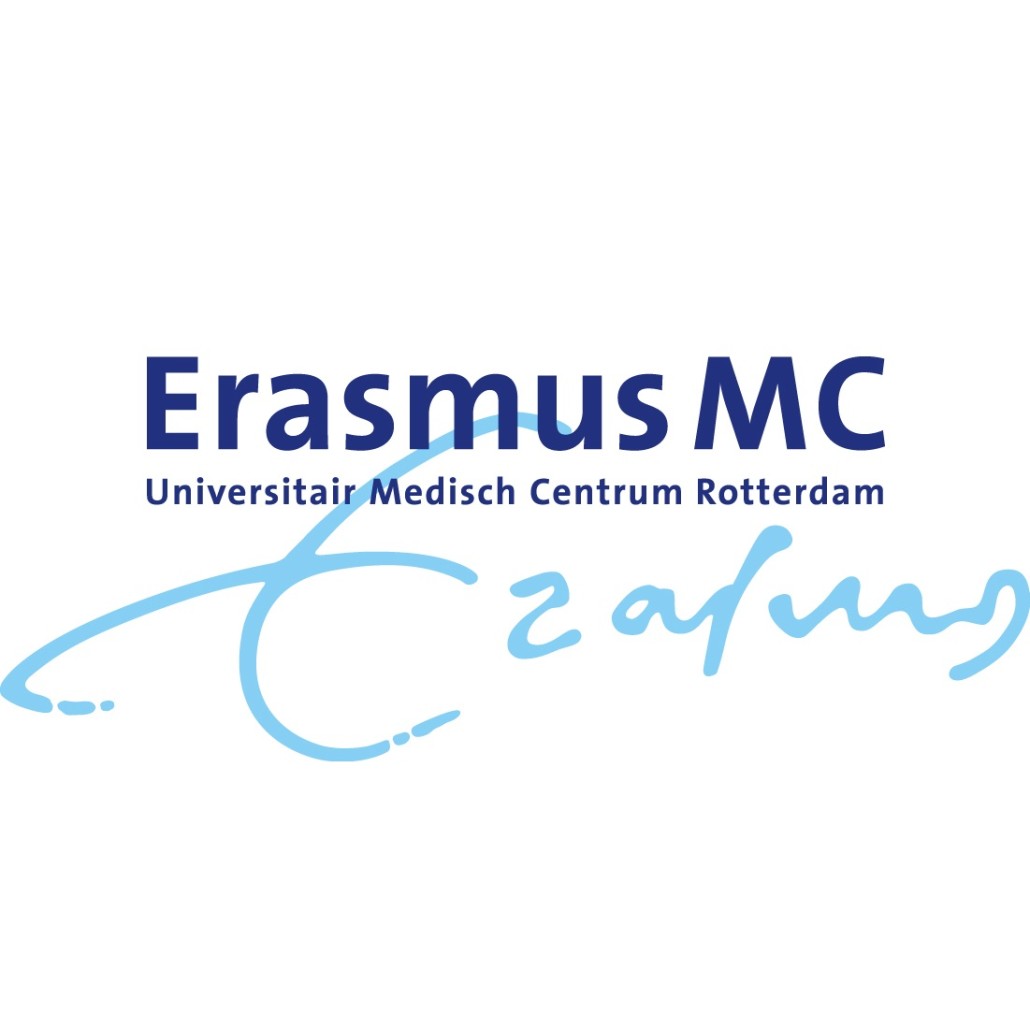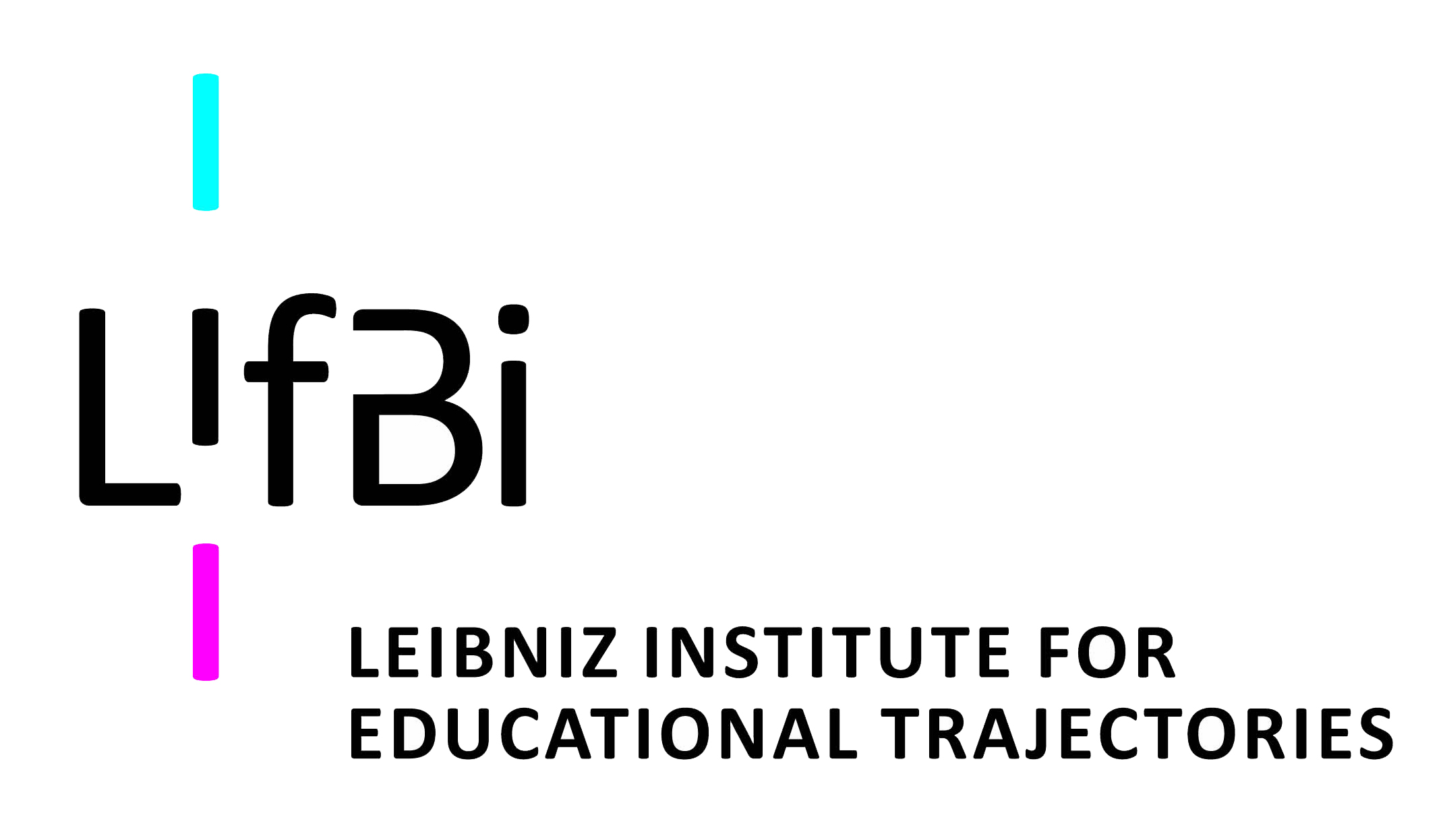News, Blogs & Events
SLLS conference - Helen Wareham
At the end of September, many of the SEED team attended the Society for Longitudinal and Life Course Studies conference hosted at the University of Potsdam, Germany. The conference brings together a wide range of International researchers etc. who are interested in data sets which can be linked together or collect data over a period of time (https://www.slls.org.uk/).
As a group SEED delivered a symposium on the first day of the conference, outlining the project and our aims alongside presenting our most recent findings. Presentations in the session covered the role of parent child interaction in the early years (presented by Wei Huang, LifBi), the role of maternal education on child vocabulary and data harmonisation methods (Helen Wareham), the role of behaviour, home learning environment and parental mental health on language outcomes, which also highlighted issues of the variability of measures (James Law), the changing trajectories of behaviour and language interact in predicting academic outcomes across middle childhood (Nathalie Tamayo Martinez), and the specific role played by hearing difficulties in compounding pattern of academic behaviour (Lisanne Labuschagne).
More detailed abstracts and information on the conference can be found at: (https://www.sllsconference.com/programme)
While there were a number of presentations and symposia that covered similar topics to the SEED project, looking at child development and family dynamics, there were a broad range of topics covered in the session, including; epigenetic and biological data, aging populations, stress and resilience, and data presented from countries such as Taiwan, New Zealand, and Mexico.
Of particular interest were a number of sessions on data harmonisation, exploring ways to make data more comparable either across countries, different time periods, or across different measures. One session in particular presented large scale working being carried out on a number of the UK longitudinal studies, Session 4C – Harmonising data for comparative research: new findings and resources on mental health, cognition, physical activity, and epigenetics from the CLOSER consortium.
CLOSER (closer.ac.uk) brings together a range of UK partners and studies with the aim to maximise the use, value, and impact of UK longitudinal studies. The symposium highlighted the work that CLOSER are doing in identifying potential areas and measures that can be harmonised between the UK studies they are involved with, but also the reliability and validity of repeated measures within the studies. This has been an intensive programme of work across nearly twenty areas, of which mental health and cognitive measures are examples of some of the work package areas (https://www.closer.ac.uk/about-the-research-we-fund/data-harmonisation/). In the coming months and year research and data structure reports will be released sharing the findings of the harmonisation work, as well as methods used in this work.
Mental health and cognition are two areas of interest for the SEED project and we are using data primarily from the Millennium Cohort Study (MCS) but also the 1970 British Cohort Study (BCS70), both of which are studies which CLOSER work with. The reliability of repeated measures is a common concern in longitudinal research. The harmonisation work presented looked at mental health measures like the Strength and Difficulties Questionnaire (SDQ) at multiple time points within studies such as the MCS and found them to be reliable measures over time. This is useful for our work in SEED as where we are using the SDQ as an outcome measures or looking at changes in parental mental health overtime we can be reassured that we are using a reliable measure and results are not being compromised. Harmonisation of the cognition measures has been more problematic, with nearly 200 different tests and versions having been administered across the eight studies CLOSER work with. While there is potentially less harmonisation with the cognition measures a clearer mapping and understanding of what is available, the strengths and limitations etc. is of great value for research. For example, the British Ability Scales are used in both the MCS and BCS70 but they are different versions of the test and are therefore not comparable without further adjustments.
Last modified: Thu, 10 Oct 2019 09:53:55 BST





